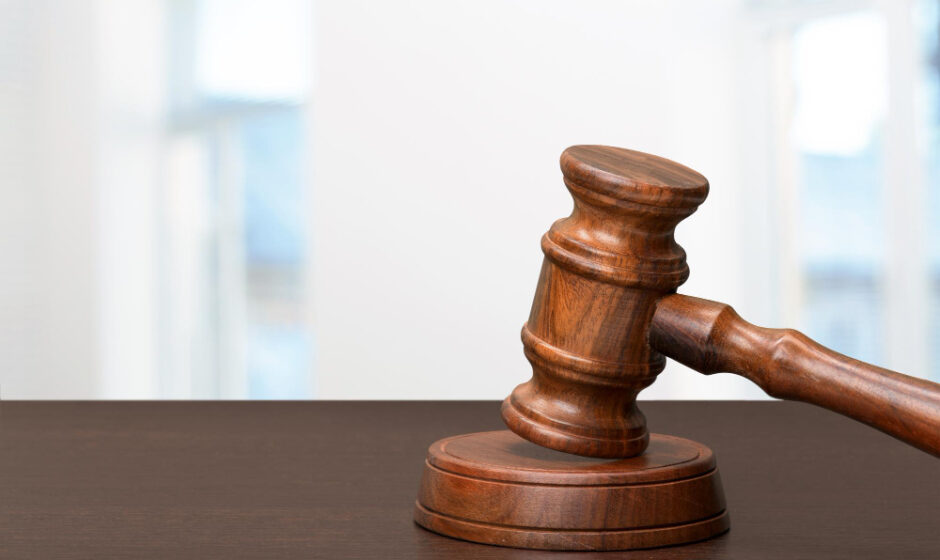Court of appeal rules that mesothelioma claims must show significant risk increase, rejecting emotional plea from widower
A widower’s battle for justice over his wife’s fatal cancer has ended in disappointment after the Court of Appeal upheld a decision to reject his mesothelioma claim, ruling that there was no proven material increase in risk.
Elaine Johnstone died in 2019 from malignant mesothelioma, a terminal cancer typically linked to asbestos exposure. In the 1980s, she had worked in an office opposite Fawcett’s Garage in Newbury, where asbestos was present in a nearby workshop. Her husband brought legal action against the garage, alleging that its negligence led to her illness.
But three senior appeal judges — Lord Justice Coulson, Lady Justice Nicola Davies, and Lord Justice Zacaroli — concluded that the garage’s contribution to the risk was too minor to meet the legal threshold. Their judgment, handed down in Johnstone v Fawcett’s Garage (Newbury) Ltd, reaffirms the legal principle that a material increase in risk must be demonstrably significant.
The original trial took place in 2023 and spanned five days. His Honour Judge Simon heard detailed testimony, including that of a mechanic who worked at the garage during the period in question, and six medical experts. The court ultimately preferred the defence’s evidence, particularly regarding the extremely low levels of asbestos exposure — calculated to have increased Johnstone’s risk by 0.1% or less.
This minimal figure fell far below what the law considers “material.” As a result, the High Court dismissed the claim, and the Court of Appeal has now supported that finding.
The claimant’s legal team had argued that under the “special rule” applied to mesothelioma claims, even a small increase in risk — if more than negligible — should attract liability. This rule allows claimants to succeed in cases where traditional causation may be difficult to prove, due to the unique nature of asbestos-related diseases.
Embed from Getty ImagesHowever, the appeal judges rejected this line of reasoning. They ruled that the absolute magnitude of risk still matters, and that simply demonstrating a non-negligible risk does not, by itself, shift the burden of proof. The court was also asked to draw an adverse inference from the garage’s lack of air quality records. This request was firmly dismissed as leading to an “illogical and unsound result.”
In a joint post-ruling statement, defence counsel David Platt KC and A John Williams of Crown Office Chambers said: “The claimant argued that the burden of proof should shift due to evidential difficulties in asbestos cases. That argument was rejected as jurisprudentially unsound and likely to upset the legal balance underpinning mesothelioma compensation claims.”
The judgment was welcomed by defence lawyers as a timely clarification of the role of scientific evidence in mesothelioma litigation. “The issue raised by the claimant was wrongly characterised as an ‘improper’ use of statistics,” Platt and Williams added. “The real issue was the weight and relevance of the epidemiological data presented — and the court rightly affirmed its importance.”
For claimant lawyers, the decision is a significant setback. With more white-collar mesothelioma claims expected as awareness grows about historic asbestos exposure in offices, this ruling narrows the path to compensation unless a clear, provable link to the alleged risk source can be made.
The verdict reasserts the strict standards for disease claims — even in the emotionally charged context of terminal illness — and signals the courts’ preference for objective medical analysis over speculative connections.


